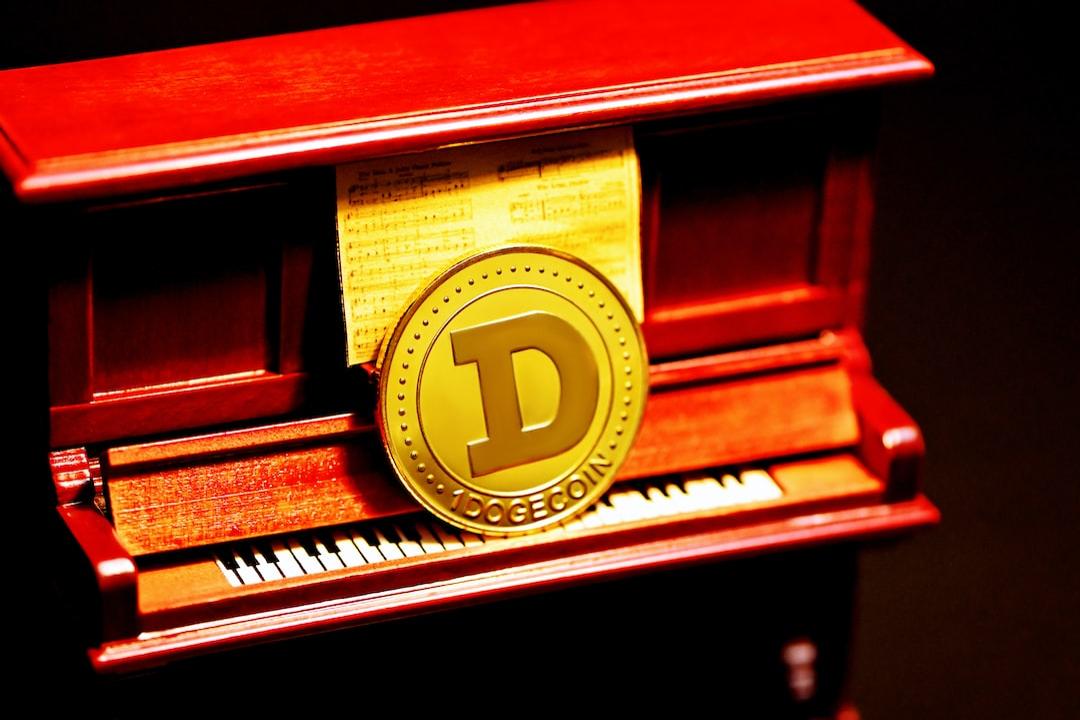RWA Tokenization: The Future of Asset Management, According to Boston Consulting Group
Boston Consulting Group (BCG), a global consulting firm, has dubbed the tokenization of real-world assets (RWA) as “the third revolution in asset management.” This transformative approach is expected to manage assets worth $600 billion by 2030.
In collaboration with Aptos Labs and Invesco, BCG predicts that tokenized assets could account for 1% of all global mutual funds and exchange-traded funds (ETFs) within the next seven years.
David Chan, Managing Director and Partner at BCG, highlights the growing investor demand in the tokenized funds space. BCG’s research indicates that the RWA tokenization market could grow up to 50 times by the end of the decade.
One of the driving factors behind this surge is the increasing presence of regulated on-chain currencies such as stablecoins, tokenized deposits, and central bank digital currencies (CBDCs). These currencies are expected to encourage investors to explore tokenized investment options further, offering a regulated, blockchain-based approach to traditional financial products.
A recent report by State Street Global Advisors, a major player in asset management, emphasizes the bond market’s potential for blockchain adoption. Bonds possess characteristics that make them suitable for tokenization, including recurring issuance costs, intricate structures that can benefit from automation through smart contracts, and a strong need for efficient collateral transfers. State Street researchers argue that blockchain technology could significantly reduce the costs associated with issuing and managing bonds. They also suggest that high-velocity markets like repos and swaps could benefit greatly from blockchain’s transaction streamlining capabilities.
While bonds and private equity show high potential for tokenization, public equities may have fewer incentives to adopt this technology due to existing efficient systems. The tokenization of real estate and private equity faces additional challenges due to complex regulations and the need for technological infrastructure.
Although adoption rates are currently low, the Financial Stability Board recognizes the growing potential of RWA tokenization. Most tokenization initiatives are observed in government debt, equity stakes, and commodities. As of October, the value of tokenized RWAs is reported to be $13.25 billion, a 60% increase this year, according to data analytics platform rwa.xyz. Predictions from Citigroup suggest that $4 trillion to $5 trillion worth of tokenized digital securities could be created by 2030. Additionally, major companies like Goldman Sachs are making significant moves in the tokenization space, with plans to launch three new tokenization products driven by growing client interest.
In conclusion, RWA tokenization is poised to revolutionize asset management, attracting significant investor interest and potentially transforming the financial industry as we know it.


